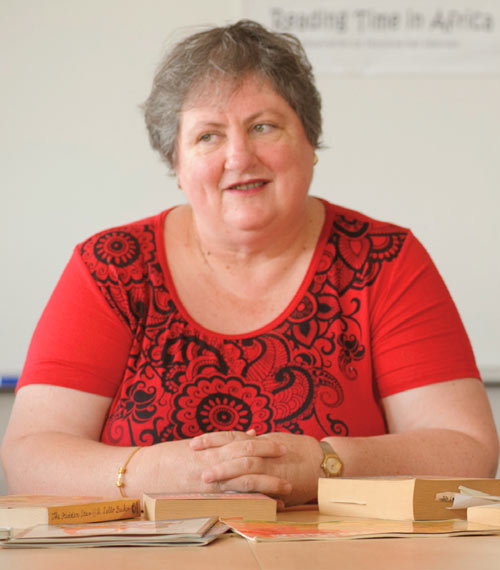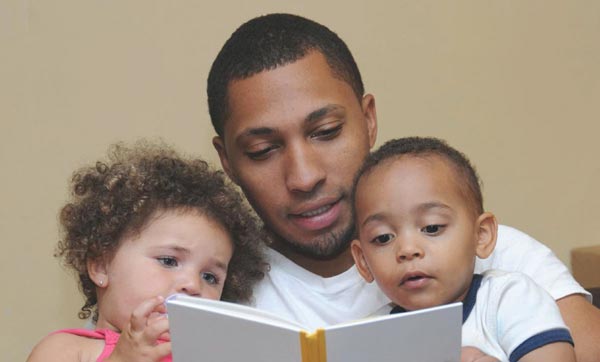 Professor Molly Brown
Professor Molly Brown

Unlike these efforts, The Child and the Story project led by Professor Molly Brown, Head of the Department of English, does not focus primarily on how children learn to read, but rather on what it is they are given to read and how this impacts on the acquisition of reading fluency, and on the social and psychological development of young readers.
The work of the researchers affiliated to this project is informed by Maria Tatar’s idea that children’s literature is ‘a contact zone’ in which the child’s developing mind can interact with and crucially select from an enormous range of possible ideas originating in adult minds. This concept becomes especially pertinent in the light of Ricoeur’s complementary suggestion that the various incarnations of story deploy ‘an imaginary space for thought experiments in which moral judgement operates in a hypothetical mode’.
The formative impact of interactions with such imaginary spaces has also been confirmed by recent research in neurobiology, which has demonstrated that when children read or hear of others’ experiences, the firing of neurons in the brain mimic that which would occur were the child to undergo the experience herself.
Such ideas force a revaluation of various aspects of children’s reading in South Africa, including the withdrawal of state subsidy for the publication of fiction in indigenous languages for older children on the grounds that they have already learned to read. Further attention also needs to be paid to the implications of the fact that most local children’s book authors are white women and to the complex roles which reading fiction and listening to oral stories can and should be playing in homes, clinics and classrooms. Under the umbrella of this research theme, issues of this kind have been explored in a range of articles and are currently shaping the content of a forthcoming textbook on reading in South African classrooms.
The research affirms that children’s literature merits academic scrutiny and that countries where this is neglected do not merely risk economic stagnation, but may effectively be trapping their young in imaginative straitjackets that hamper the development of both empathy and creative engagement with the world.